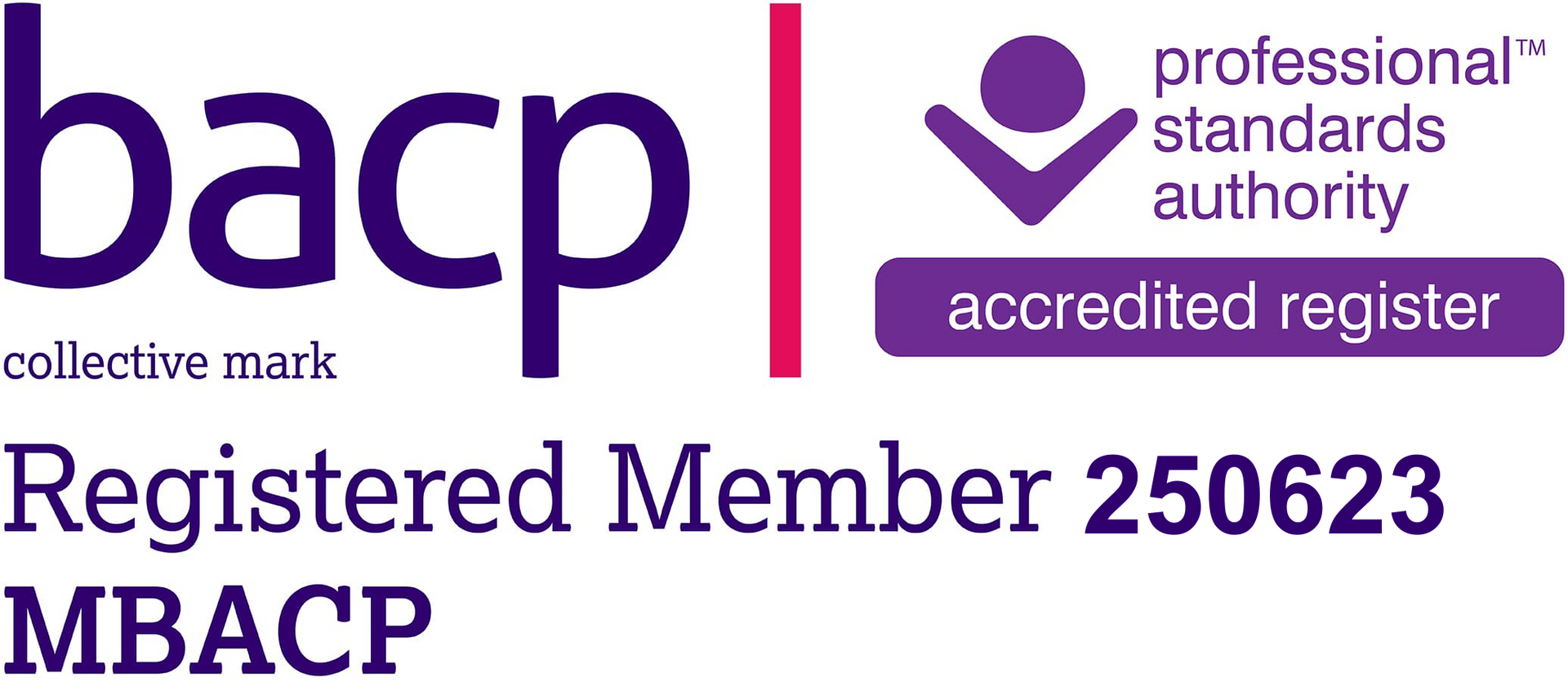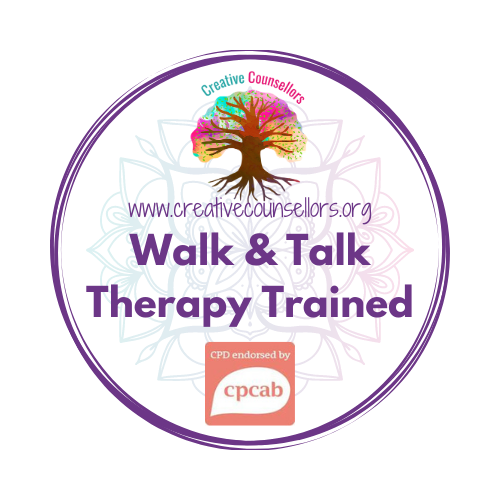Beating Barriers - Denial
A client may be in denial; thus requiring repetition in order to break through their barriers, to see the errors in their thinking. They may need help to explore what is actually the issues in their lives. For example, if depressed, a person may experience ‘catastrophizing’ where they view everything that happens in their lives as a problem. They cannot ‘see the wood for the trees’ and simply do not have the calmness or insight to work out which are real problems and which are just, in their mind, a problem that isn’t actually a problem at all. This is irrational thinking and the counsellor may need to challenge the client many times in order for the client to see their errors in their thinking; the reality of the situation.
Beating Barriers - Stigma
People naturally judge others, and because of this, sometimes stigma or bullying can occur, usually borne from ignorance. Therefore, many people fear talking to others’ in case they think they are bad or wrong. People we know well are often biased; either wanting to protect us, or tell us we are wrong, and it’s commonplace to be judged. We may go to these people for advice, but it is much more comfortable and helpful if we can talk to someone without bias. If the counsellor is patient, calm, empathic, a good listener, and is not shocked by what the client tells them, the client is more likely to open up further and explore their thoughts, feelings, and actions with honesty and feel more self-worth which can aid social inclusion.
A counsellor will treat each client as an individual, with individual needs, thoughts, feelings and behaviours and the therapeutic relationship will be based on allowing and helping the client to make their own decisions and find their own answers. The counsellor will aid them in doing this via challenging, verifying information and much more. A trained counsellor, however, may possess knowledge of coping skills, which could be explained to the client, if suitable and relevant to the client’s needs. In any case, it is not the role of the counsellor to advise the client what to do, or to share their own experiences or views.
Beating barriers - ‘YOU LOOK ALRIGHT’
"You look alright!" Three simple words that sounds positive right? But they can be so damaging and unhelpful. A major issue which can hinder the process of getting help, particularly from the NHS, a workplace or within a close circle of friends and family, is when, to the outside world, the person looks alright, especially when they are being told it by those who are supposed to be helping them. But the thing is, a person can be a master at covering up their real emotions, and the outside world do not see them when they are indoors, suffering at times. If a person dresses nicely and do their hair, or smile a lot, it can seem like life is treating the person well. The human race can be masters at smiling through adversity, and using different person’s for different people or experiences, so it is not surprising that the audience do not recognise or accept the underlying, negative issues being covered up. This persona issue can very much stop a person from getting help or support of any kind. If the act is dropped, and a person can be more honest and real about their feelings, it will be much easier to gain understanding and support from those who matter.
To get help the person needs to come to terms with their problem, take it on as their own, and seek help.
Don’t be scared to talk. There’s nothing to be ashamed of!
So, let’s get started with helping YOU!
The therapeutic relationship is key to making the most of counselling. Get in touch today and we can discuss your needs and what I can offer you...
All Rights Reserved | Think Change Counselling Therapies Limited


